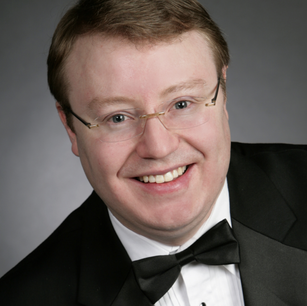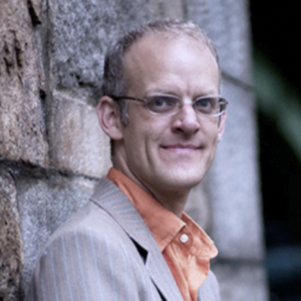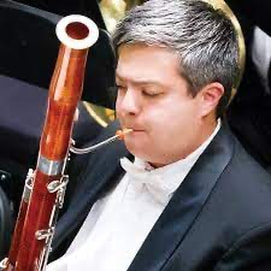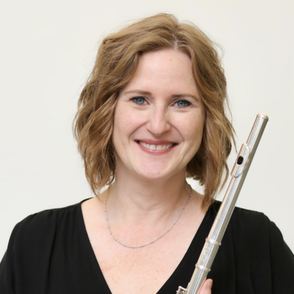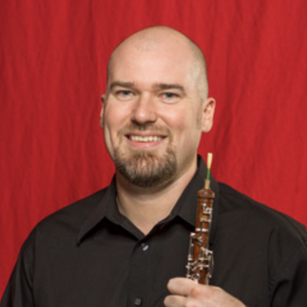ACS at Washington University
Eric Ewazen: Ballade, Pastorale, and Dance
I. Ballade.
II. Pastorale
III. Dance.
Francis Poulenc: Trio for Oboe, Bassoon and Piano, FP 43
I. Presto
II. Andante
III. Rondo
Paul Juon: Divertimento opus 51 in F
I. Allegretto
II. Intermezzo I, moderato
III. Fantasia 4
IV. Intermezzo II, Tempo di Minuetto
V. Rondino, allegro assai
I. Ballade.
II. Pastorale
III. Dance.
Francis Poulenc: Trio for Oboe, Bassoon and Piano, FP 43
I. Presto
II. Andante
III. Rondo
Paul Juon: Divertimento opus 51 in F
I. Allegretto
II. Intermezzo I, moderato
III. Fantasia 4
IV. Intermezzo II, Tempo di Minuetto
V. Rondino, allegro assai

